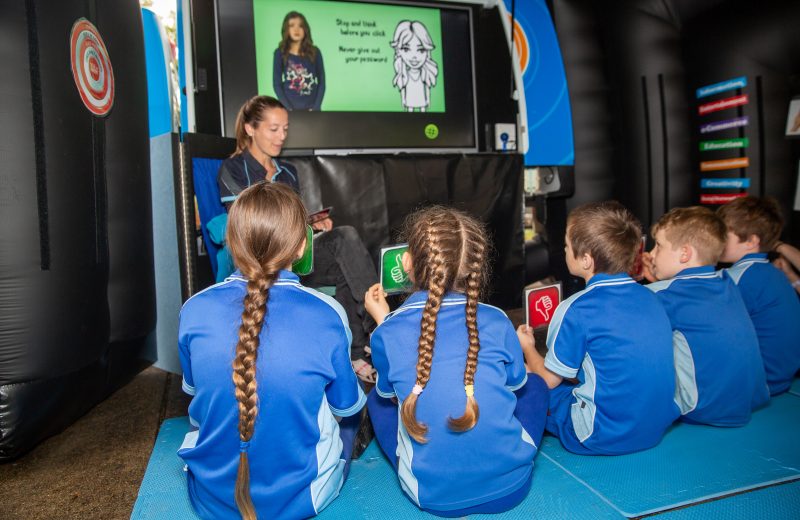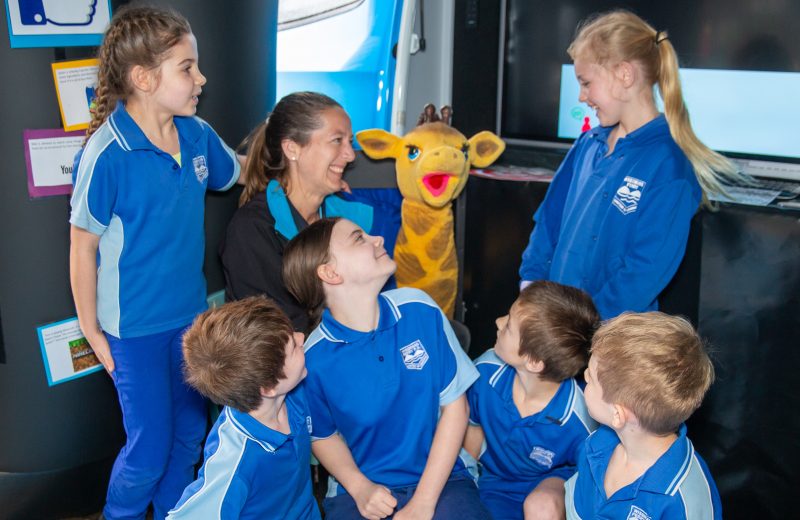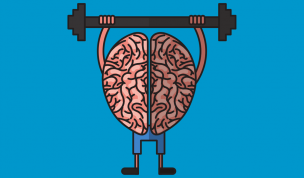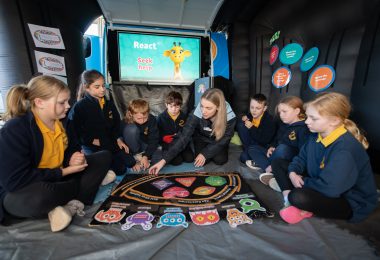Fostering Respectful Relationships through Early Education

In today’s digital world, teaching kids about respectful relationships – both online and in person – is crucial. Most parents want their children to understand healthy boundaries in relationships, but many feel unprepared to have these tough conversations and need support.
Navigating conversations about respectful relationships
According to Life Ed NSW CEO Jonathon Peatfield, everyone has a role in keeping children and families safe, starting with early education.
Life Ed delivers tailored health and wellbeing school programs across Australia.
“It is vital to teach respectful relationships to help prevent bullying, abuse, and violence. Respect and empathy are fundamental for healthy relationships. These skills are taught throughout the Life Ed program from the early years to the teen years,” he added.
Respect and relationships in a digital world
Fostering healthy relationships both online and offline is more important than ever. Reports to eSafety’s cyberbullying complaints team show younger children are increasingly experiencing negative online behaviour. Reports of serious cyberbullying of children between the ages of eight and 13 years has more than tripled compared to pre-pandemic 2019 – jumping from a little over 200 complaints in 2019, to almost 740 in 2022.
The Life Ed program teaches children aged 3-13 essential skills for fostering healthy relationships. These skills include identifying and responding to safe and unsafe behaviours both online and face-to-face, understanding what a healthy friendship looks like, fostering empathy, and strategies to communicate effectively and assertively.
Life Ed’s specialist educators deliver engaging, age-appropriate learning experiences, ensuring students have a memorable and enjoyable experience. The program is aligned to the NSW PDHPE syllabus and supports schools to integrate respectful relationship education into their curriculum.

Student feedback
From 2022-2023, a survey of 2,500 upper primary students who participated in the Life Ed program showed that:
- 80% can explain and give examples of consent.
- 91% can recognise, react, and report unsafe or unwanted contact.
- 90% understand the positive and negative uses of online communication.
- 83% know the body cues that signal when they are unsafe.

Support for parents
Parents can support their children in learning about respectful relationships by fostering open and honest conversations. Here are some tips:
- Make home a safe place for conversations: encourage kids to come to you with their questions and problems, using it as an opportunity to build trust and model open communication.
- Start early: introduce concepts of respectful relationships from a young age through simple conversations about friendships and interactions. Ask your child about the qualities they value in friends and the signs that friends care for and respect them.
- Let conversations happen naturally: let conversations grow naturally from everyday experiences. For example, a scene in a TV show could start a discussion about respectful relationships. Ask questions like “What do you think of that?”, “How would someone feel if they were treated like that?”, and “What could they have done better?”.
- Keep the conversation ongoing: build upon the conversation over time, developing the trust needed for open discussions.










